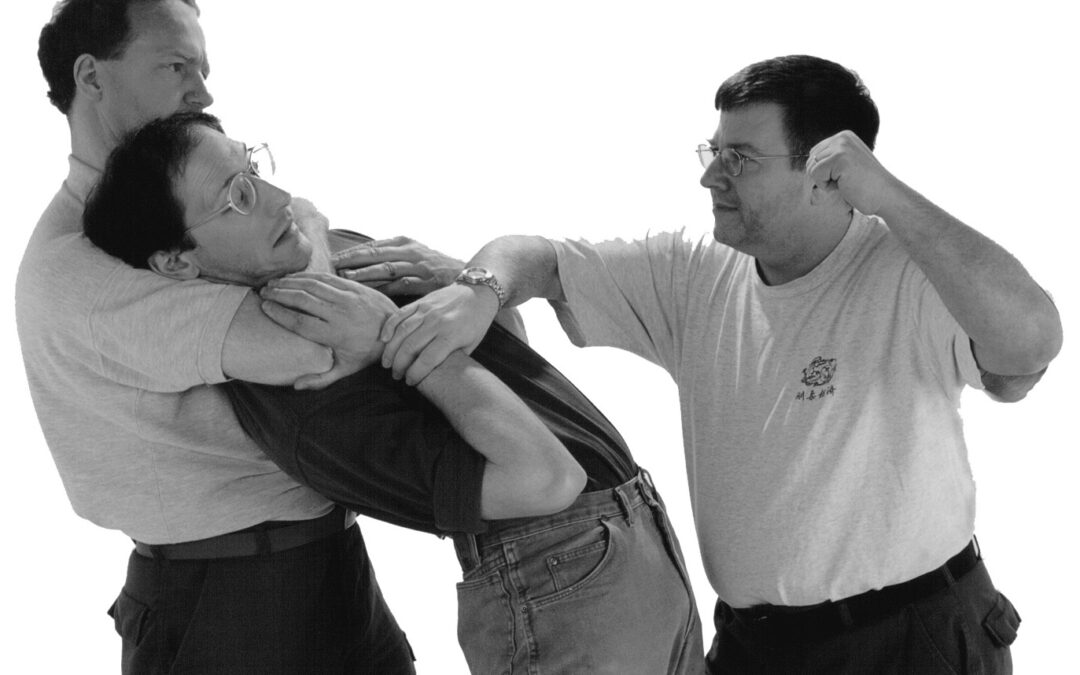No Training and Insufficient Training constitute the majority of liquor liability cases I have been involved in where physical intervention has led to litigation. Although there is overlap between the two categories I will, for the sake of brevity, discuss them separately.
#1 No Training
This deficiency is self-explanatory; security personnel receive no hands-on training but are expected to physically intervene when required. In one case, company policy required security to break up fights, “using the training [they] received”. The problem – no training. In another case, ‘bouncers’ were instructed to be prepared to take a punch but never, under any circumstances, to punch back. With no alternative methods to defend themselves, several staff members sustained serious injury when trying to break up a fight.
No training also creates two additional problems if litigation occurs:
- Security persons become perceived as qualified (by the public and often the courts) and should be able to perform their duties without creating serious injuries.
- This perception of ‘qualified’ infers security personnel should be held to a higher standard than that of an ordinary person.
In several liability cases, the head(s) of security responsible for training, provided no guidance to staff, including maintaining proper occupancy levels as per the liquor license. In a number of other cases, security and doormen were forced to rely on training obtained outside of work (e.g., high school wrestling) and applied chokeholds or body slammed unruly patrons onto tables or onto concrete floors. In numerous cases (including several involving paralysis and brain injury and two involving death) management typically maintained their staff was highly trained, but could provide no evidence to support this claim.
In Part 3, I will discuss the difficulty with insufficient training and how it creates a false sense of security for management and insurance providers.

